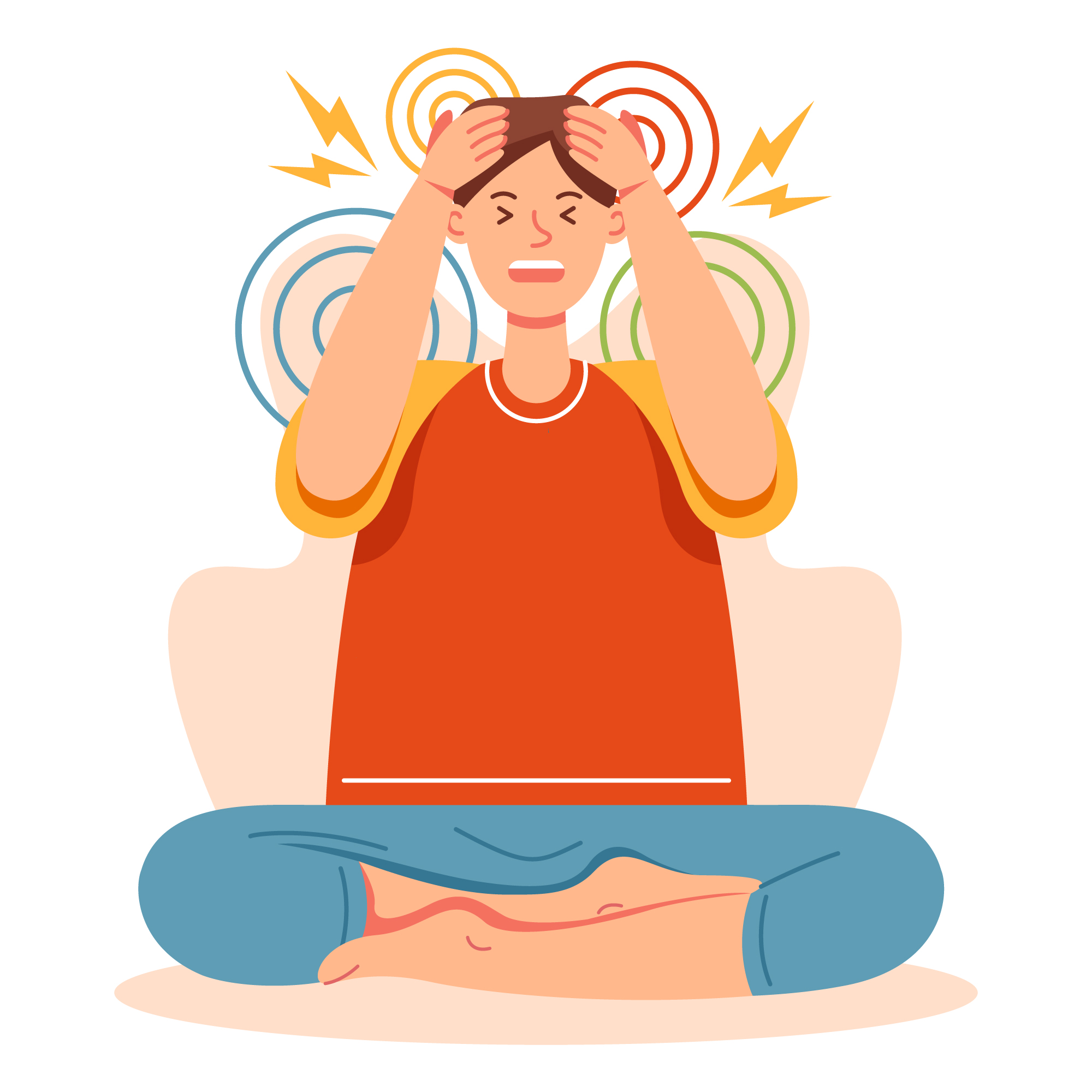
The relationship between stress and acne has been misunderstood by many. Stress can’t directly cause acne. However, studies have shown that if you already have acne, stress does make it worse.
Researchers have found that wounds, including acne, heal much slower when a person is under stress. Slower healing of acne means that the pimples stay longer and are more susceptible to an increase in severity. It can also mean that more acne is visible at one time because it takes longer for each pimple to heal during a breakout.
Stress is highly associated with acne, especially for women. It can mix up our skin’s nerve signals, causing imbalanced hormones and chemicals that increase oil production.
While it’s nearly impossible to remove stress from the equation entirely, there are ways to overcome it. Keep 5- and 10-minute stress-relief tricks handy, and try longer stress-management techniques, like exercise, to increase your body’s ability to adapt.
And most acne reacts to topical treatments, too. The secret ingredient in our most beloved anti-acne products is often a beta-hydroxy acid known as salicylic acid.
This oil-soluble chemical penetrates pores extremely well for unclogging and cleaning, but this doesn’t mean that it’s exempt from its own set of cons. Too much or too strong salicylic acid can dry out and even irritate your skin.
So with careful application in mind, nightly spot treatments are helpful for targeting troubled areas without harming the skin in the surrounding areas.
Can hair loss be related to stress? The bad news is yes, but the good news is that stress-induced hair loss is usually temporary.
If you’ve been affected by hair loss from stress, there are some important steps you can take.
1. Eat a Healthy Diet
- Lots of fruits and vegetables
- Whole grains
- Lean protein
2. Take a Supplement
According to a 2016 study in the Journal of Drugs and Dermatology, stress-induced hair loss can be caused by certain nutritional deficiencies, including:
- Ferritin
- Vitamin D
- Zinc
- Vitamin B12
3. Manage Your Stress
How you handle stress can have an impact on hair loss. If you go through a stressful life event and you don’t seek help, you could have further hair loss.
Stress management techniques you can do at home include:
- Yoga
- Meditation
- Deep breathing
- Journaling
- Spending time outdoors
- Counseling or therapy
Stress, especially chronic stress, can cause weight loss or weight gain due to its effects on bodily processes. Stress affects the production of stress hormones and the GI system, which can lead to changes in appetite and metabolization. A person can use a variety of self-help techniques to decrease stress. If a person cannot get stress under control or experiences persistent unintentional weight loss, they should contact their doctor.
For more such articles, visit https://blog.phleboindia.com/
Refs-
Stay updated with your health, and book a lab test with PhleboIndia today.
Download our app here:
Android app – http://bit.ly/3XRsXzt
IOS app – https://apple.co/3wqJf6I

